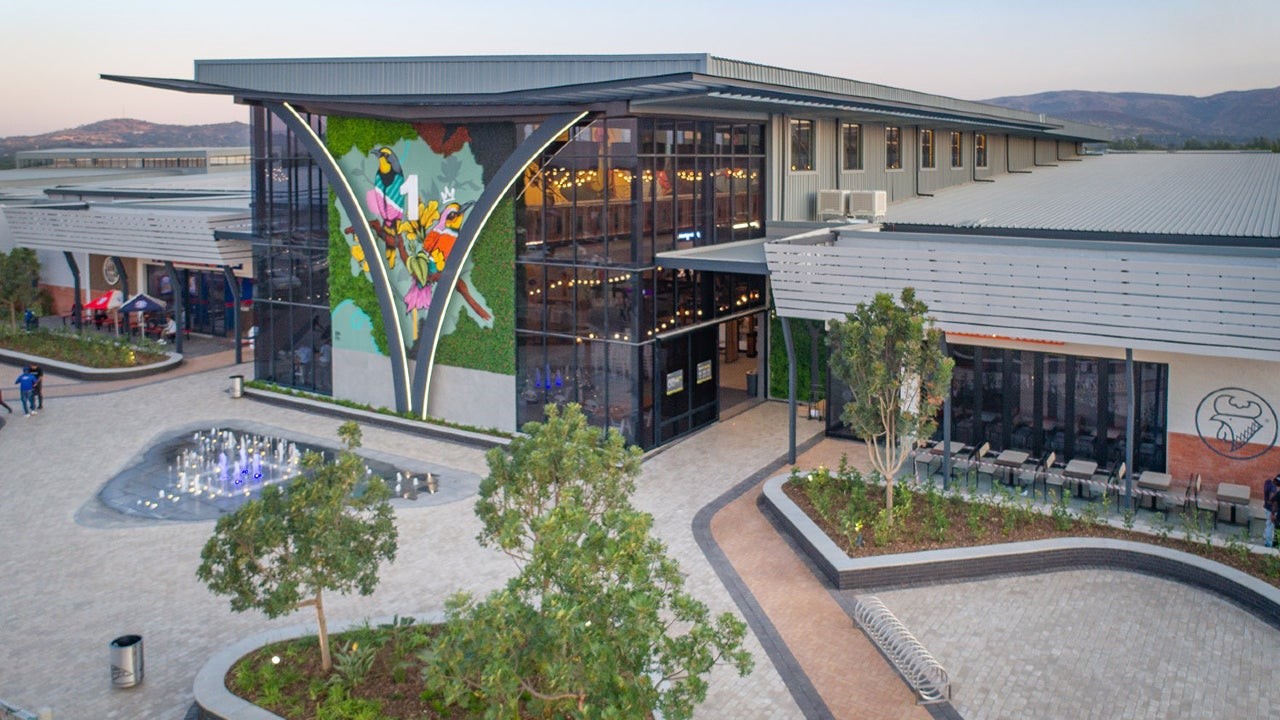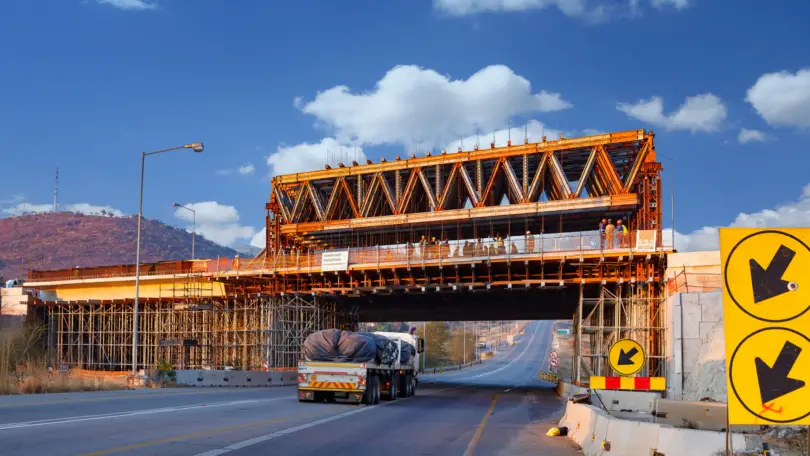Civil and political strife in countries like Somalia and South Sudan paint not safe cities to visit. Ironically, Rustenburg in South Africa was once the most dangerous city in Africa. The political situation in South Africa is stable which is a big irony that even with this stability, one of its cities still is a safety red zone. Historians draw a huge paradox about this popular region in the North West. ‘Rustenburg’ is Dutch and Afrikaans for the City of Rest sitting beneath the Magaliesberg mountain range.
Why is Rustenburg the Most Dangerous City in Africa?
This city located in the North West province is a crime hotspot that its leaders acknowledge it is beyond redemption. Former city mayor Matthew Wolmarans in the past opened up on how runaway crime is so prevalent in Rustenburg that local police can’t handle it. A drug trafficking network with confirmed cases of human trafficking made Rustenburg the most dangerous city in Africa. Kidnappings, break-ins, and burglaries are part of life here. Driving at night in some parts of the city is still a threat to life due to the high rate of carjacking.

Rustenburg city in South Africa. Photo/Wikipedia
In a crime report analysis released by the Democratic Alliance (DA) in the North West in 2022, robbery peaked in the city between January and March 2022. Bheki Cele, the Police Minister, while releasing the report indicated that all manner of crime shot up within the first three months of 202. For instance, murders increased by 22.3% to 214 in just three months while s3xual assault cases stood at 942. Further, there were 242 documented occurrences, and 3,621 cases of assault with the intent to cause great bodily damage also reported in just three months.
Robbery climbed by 8.5% with 545 incidents, common assault increased by 24.1% with 2 624 cases, and robbery with aggravating circumstances increased by 12.4% with 1 635 cases. With 769 reported cases overall, r@pe climbed by 10.9%. The actual number of r@pe cases is even bigger because it is still an underreported crime. With 46 and 44 recorded r@pes in three months; Rustenburg fits the status of the most dangerous city in Africa. South African policing authorities rank the city among the top r@pe hotspots in South Africa.
What is the History of Rustenburg?
The majority of people in Rustenburg are Tswana who are among the earliest settlers in the North West. Bafokeng people sub-tribe of Tswana-Sotho people lived here since the 15th century and built villages. Their main economic activity was mining, cattle rearing and agriculture. However, in the 1800s, a Zulu empire outpost known as the Matebele started a series of destructive conflicts that resulted in the conquering of the Bafokeng and other Tswana villages. The Matebele served as a common foe for the Boers and Tswana because the Boers had also fought the Zulu and Matebele. Together, the Tswana and the Boers devised a strategy and worked to fight the Matebele from a Sotho-Tswana kingdom to the south.

Rustenburg city in South Africa is beautiful but has a stinking reputation. Photo/Retail Insight Network
After engaging in numerous bloody military battles with other African chiefdoms, including the Matebele, the Boers finally got some rest with their conquest. That’s where the city of rest came from although Rustenburg remains among the most dangerous city in Africa in the present day. Although the Boers teamed up with the Tswana to drive out the Matebele; the latter had to buy land rights from the Boers. European explorers arrived in Rustenburg in the 19th century and set up the region’s first permanent European settlement.
What is Good About Rustenburg
As much as it prominently features among the most dangerous city in Africa, it has some great stuff to offer. Following the arrival of European settlers in the 19th century, the mining of platinum kicked off and it bolstered the city’s economic status. A necklace of mining companies sprung up and for centuries, Rustenburg is rich in platinum.
Even with crime hotbed status, the city of rest appeared safe momentarily during the 2010 FIFA World Cup held in South Africa. Rustenburg’s Royal Bafokeng Stadium hosted several matches and the world followed closely its security situation. Guests from all over the world thronged the stadium to follow up on matches and there were no robbery incidences reported at the time.








